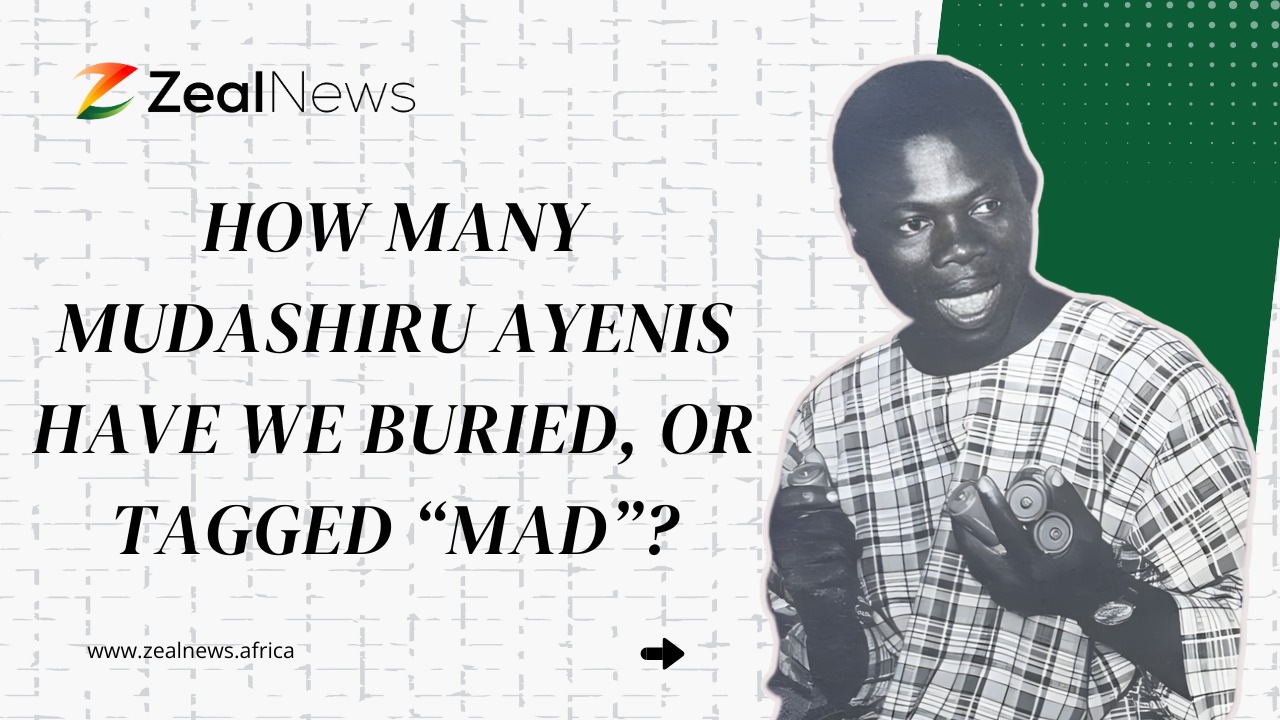Flipping the Switch: How Mitchell Elegbe Changed African Finance Forever
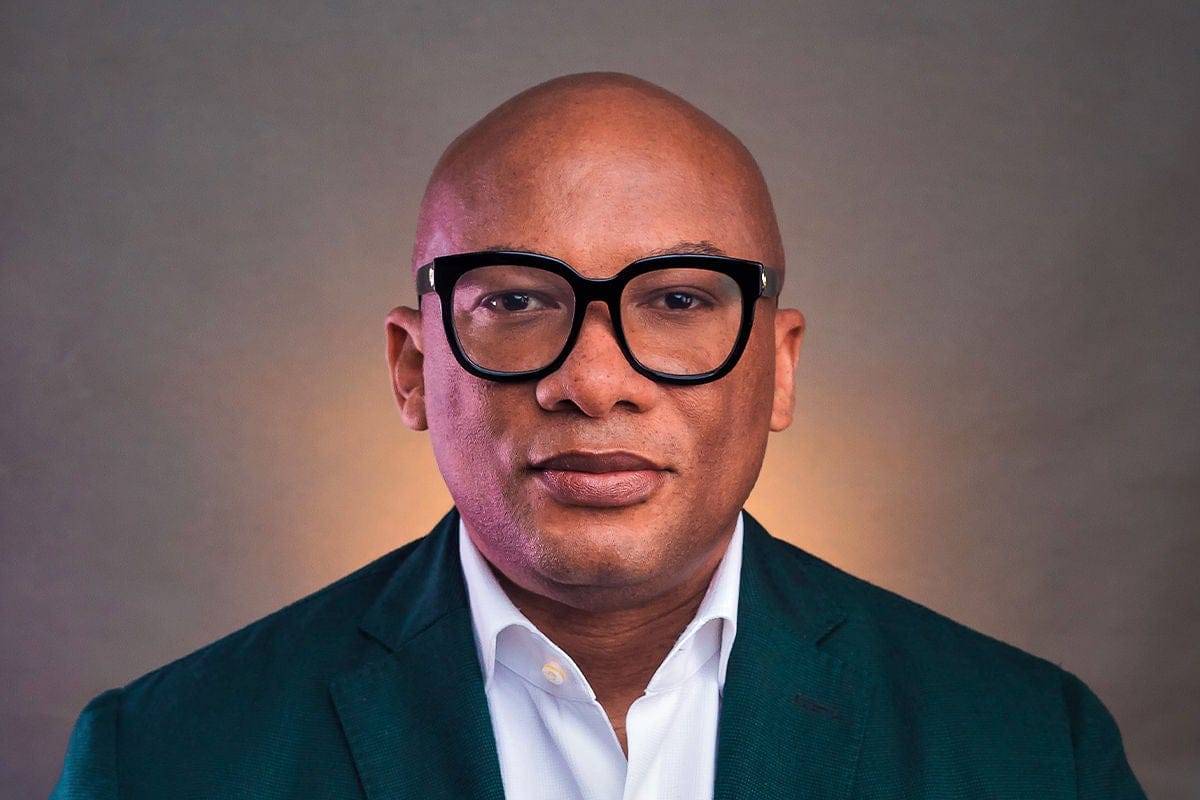
Did you know that Interswitch, a Nigerian financial technology company, was valued at $1 billion following Visa's acquisition of a 20% stake in the company in November 2019? Did you also know that Interswitch is the behind-the-scenes system that helps your money move when you use an ATM, swipe your card at a store, buy airtime, or pay bills online? It connects banks, apps, and payment platforms so that transfers, withdrawals, and purchases happen without hassle.
Whether you're paying your electricity bill on Quickteller or using a Verve card at a supermarket, chances are Interswitch is quietly doing the work in the background, making everyday transactions fast, secure, and possible across Nigeria and parts of Africa.
In the story of Africa’s evolving fintech landscape, Mitchell Elegbe’s name continuously surfaces. As the founder and CEO of Interswitch, one of the continent’s earliest digital payments platforms, He didn’t start out trying to be a fintech icon. He was simply solving a problem he had experienced firsthand, and then kept solving more.
Early Life: Foundation in Hustle and Constraint
Mitchell was born in Benin City, Nigeria, in 1973. His father died before he was born, and he was raised by his mother and later by an uncle in Delta State. He studied Electrical/Electronic Engineering at the University of Benin. It wasn’t glamour that drew him to technology; it was practicality.

That mindset would later shape how he approached product development and business modeling. Financial instability marked much of his early life, and like many Nigerian students, he had to find ways to support himself. From selling shirts to recording music on audiotapes, Mitchell showed an early inclination for entrepreneurship, not in a squeaky-clean, but in the gritty, survival-driven way that defines much of the African informal economy.
The ATM That Sparked a Fintech Company
The turning point came while working in Scotland as a field engineer for Schlumberger. An ATM swallowed his card, something that today might be a minor inconvenience. But back then, it was a stark reminder of how far behind Nigeria was in terms of financial infrastructure. The country didn’t even have functional ATMs at the time. Mitchell saw the gap, not just as a frustrated user, but as a builder looking at a broken system.
When he returned to Nigeria, he pitched the idea of an electronic transaction switching platform. Few bought into it. Banks were skeptical, cash was king, and the concept of digital payments seemed premature. He didn’t wait for validation. With support from his then-employer, Telnet, and consulting help from Accenture, he launched Interswitch in 2002. He was not the initial CEO, as shareholders first sought an expatriate for the role, but he eventually took the reins of his company.
Turning Frustration into Opportunity
Back home, financial transactions were clunky. Long queues, missed deadlines, and the risk of carrying cash created a daily struggle. Mitchell recalled accompanying his mother to the bank to buy bank drafts for school fees, a tedious, anxiety-inducing experience.
He envisioned a software, The Switch, to connect banks and streamline transactions. But when he pitched it to the financial sector, interest was minimal. Traditional banks didn’t see its value, and investors were skeptical.
The first company to work with him was Accenture. They had already worked with banks and understood what they needed. Mitchell’s idea, perfectly tailored to their requirements, was ready at the right time.
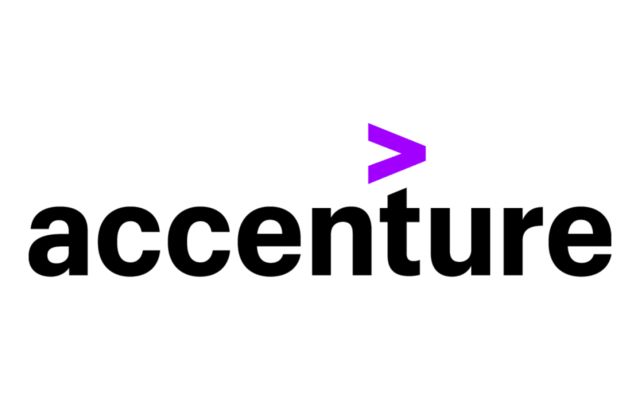
Funding was another challenge. He needed ₦450 million, a huge sum for a Nigerian startup at the time. Luckily, the Central Bank had a scheme called the Small and Medium Enterprises Investment Scheme, which required banks to invest a portion of their profits in startups. Tapping into this, Mitchell secured ₦200 million, less than half of what he needed, but enough to get started.
He planned to reach profitability in four years. Reality exceeded expectations: Interswitch became profitable in just one year.
Challenges, Trade-Offs, and Reality Checks
Mitchell’s path was far from smooth. Early rejection was persistent. The market needed not just education, but behaviour change. Regulatory friction, infrastructure deficits, and consumer distrust were constant hurdles.
One of the key lessons he’s shared, especially with younger fintech founders, is that not every market can be disrupted the same way. What worked in San Francisco might flop in Lagos if it doesn’t reflect how people actually use and perceive money. Mitchell’s edge was his local understanding, and his willingness to build within the limits of the environment rather than around them.
From Engineer to CEO
He had initially hoped someone else would lead Interswitch. But when no one stepped forward, expatriates expected salaries higher than the company’s capital, he took the helm. Resigning from Telnet, he became CEO of his own creation.
Starting with no shares, Mitchell’s leadership and vision eventually earned him equity as the company delivered impressive results. Within eight years, Interswitch had grown to a value of over $170 million, expanding its network from seven banks to nearly all Nigerian banks and ATMs.
Products like the Verve card, Quickteller, Retailpay, and Smartgov revolutionized the way Nigerians transact money. By 2022, he stated in an interview with The Big Tech Show that the total number of cards issued by Nigerian banks had reached about 65 million—a testament to how deeply Interswitch had transformed financial access in the country.
Verve Card: More Than Just a Payment Option
As Nigeria’s first successful domestic payment card, the Verve Card, created by Interswitch, is more than just a payment option; it has become a fixture in the daily financial lives of millions of Nigerians. Launched over a decade ago, Verve provided a cost-effective, homegrown card scheme that accelerated financial inclusion and made transactions seamless.
Today, more than 70 million Verve Cards have been issued, spanning multiple types: Credit, Debit, Virtual, and Prepaid, catering to the diverse payment needs of Nigerians and Africans alike.
According to Statista, Verve dominates the Nigerian market, accounting for 65% of e-commerce and 38% of POS transactions during the period under review. Its reach extends beyond Nigeria, operating in countries like Kenya, Uganda, Gambia, and the DRC, and it works across ATMs, POS, web, mobile, agency banking, and Paycode platforms.
Verve has even gone global, enabling cardholders to pay on international platforms such as Netflix, Spotify, Uber, Microsoft, Emirates, and Amazon Prime, with ongoing plans to integrate with Apple Pay, Google, and other e-commerce giants.
Beyond payments, Verve has pioneered smart residency ID cards in states like Lagos and Edo, doubling as a means of identification and a tool for cashless transactions in transport, healthcare, and more.
With over 250 member banks and financial institutions onboard, Verve has firmly established itself as a regional, domestic powerhouse in African payments, a true testament to Interswitch and Mitchell Elegbe’s vision of bridging financial gaps and driving inclusion.
Interswitch: Building the Infrastructure First
Interswitch didn’t start with flashy apps or sleek branding. It started with infrastructure, the backend rails that would allow banks, merchants, and consumers to move money electronically. That focus proved to be the right call. While others chased user acquisition and growth at all costs, he was building something that could support a fintech ecosystem.
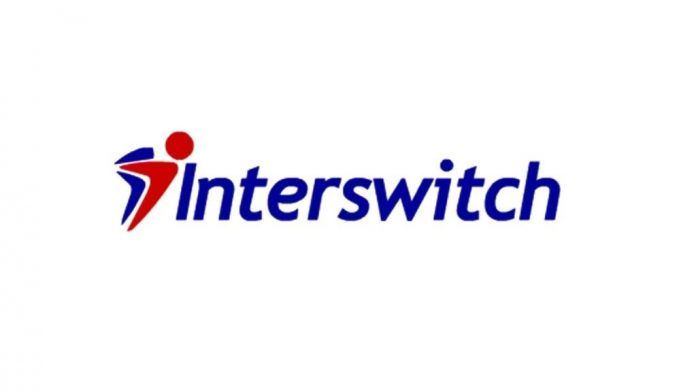
Products like Quickteller and Verve followed, visible, user-facing tools that made Interswitch a recognizable name. But the real work happened behind the scenes: connecting banks, creating standards, and building trust in digital systems in a market where trust was hard to come by.
Over the next two decades, Interswitch expanded steadily. It acquired East Africa’s Paynet Group, partnered with Discover Financial Services, and even entered a blockchain-focused collaboration with Interstellar Inc. In 2019, Visa invested $200 million, pushing Interswitch’s valuation past $1 billion and securing its place as one of Africa’s few fintech unicorns.
This wasn’t a hyper-growth story driven by hype and burn rates. He took a methodical route, refusing to give products away for free without a plan to monetize, insisting on solving real customer pain points before scaling, and focusing on profitability from early on. That philosophy stood in contrast to many African startups chasing foreign venture capital by mimicking Western models.
Leadership Without the Spotlight
Mitchell’s work hasn’t gone unnoticed. He holds the Bishop Desmond Tutu Fellowship of the African Leadership Institute and has received accolades including the CNBC/Forbes All African Business Leader Award for West Africa (2012), Ernst and Young Entrepreneur of the Year (2014), and the Inclusive Business Leader Award from the International Finance Corporation.
In 2019, The African Banker named him the African Banker Icon, and he also holds the Harvard Business School Association (Nigeria) Leadership Award.
Though he has won numerous awards, including the Fintech Icon of the Year (2024), Mitchell is not a headline-chaser. His leadership is more operational than theatrical. He has spent years refining business models, expanding regionally, and investing in ecosystem growth through mentorship and advisory roles, such as with Endeavor Nigeria.
His story isn’t about overnight success or unicorn hype. It’s about long-term infrastructure building, solving market-specific problems, and scaling only when the business case makes sense. In a region where digital finance is still maturing, Interswitch's longevity says as much about strategy as it does about innovation.
There’s also a broader takeaway for aspiring entrepreneurs: You don’t need perfect conditions to start, but you do need clarity about the problem, discipline in execution, and the patience to build something that lasts. It also serves as a quiet warning: the goal isn’t just to launch, it’s to endure.
With markets still evolving and competition intensifying, Elegbe’s focus on fundamentals, profitability, infrastructure, and local relevance offers a blueprint for a more sustainable kind of African entrepreneurship.
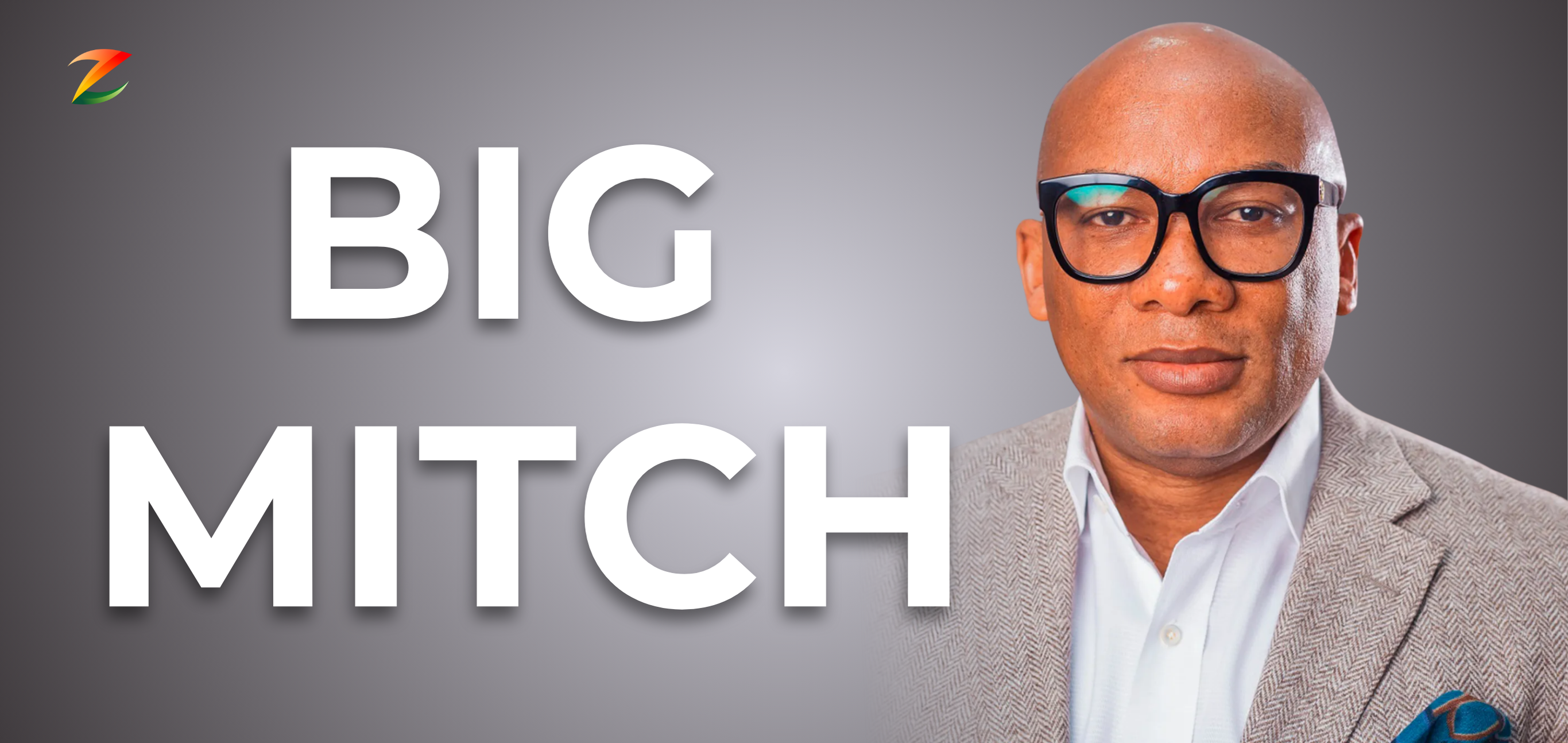
Today, we celebrate Mitchell Elegbe, the visionary mind behind Interswitch. From solving everyday banking frustrations to building one of Africa’s most influential fintech companies, his journey continues to inspire innovation, resilience, and the power of homegrown solutions. Happy Birthday to a true pioneer shaping the future of finance. Happy birthday, Big Mitch!
You may also like...
Boxing Shocker: Hitchins Illness Forces IBF Title Defense Cancellation

The IBF junior welterweight title defense between Richardson Hitchins and Oscar Duarte has been cancelled due to champio...
Arteta's Fiery Warning: Arsenal Stars Must Endure 'Noise' or Exit Title Fight

Arsenal manager Mikel Arteta has issued a strong message to his title-chasing squad, urging them to embrace the intense ...
Hollywood Heavyweights Clash: Mark Ruffalo Blasts James Cameron Over Studio Deals

Mark Ruffalo has openly challenged James Cameron's critique of Netflix's potential acquisition of Warner Bros. Discovery...
Sopranos Shocker! Michael Imperioli Claims Characters Would Be Trump Supporters

Michael Imperioli, star of “The Sopranos,” believes the show's characters would likely be Donald Trump supporters today,...
Nollywood Sensation Mercy Johnson-Okojie Tapped for Key Public Role in Nigeria!

Edo State Governor Monday Okpebholo has appointed Nollywood icon Mercy Johnson-Okojie as Special Adviser on Public Engag...
Malawi's President Mutharika Unleashes Sweeping Ban on Health Workers Amidst Corruption Battle!

President Peter Mutharika has issued a tough executive order in Malawi, banning public hospital employees from owning pr...
Tragic Medical Mystery: Woman Loses All Limbs After Devastating Dog Lick Sepsis

Manjit Sangha, 56, lost all her limbs after contracting severe sepsis, believed to be from a dog lick. After 32 weeks in...
Global Economic Jolt: Trump Vows 15% Tariffs After Supreme Court Defeat

Following a Supreme Court ruling declaring his tariff policy unconstitutional, President Donald Trump escalated his trad...




